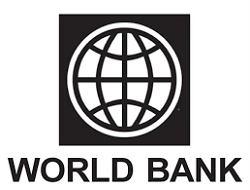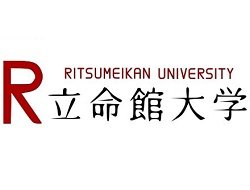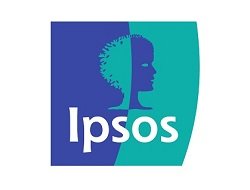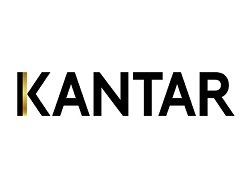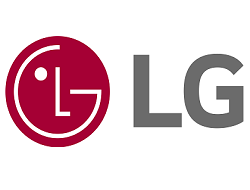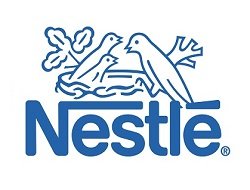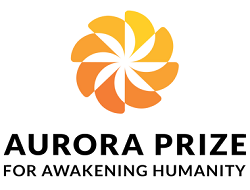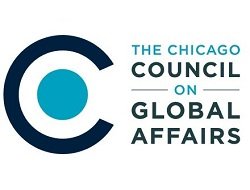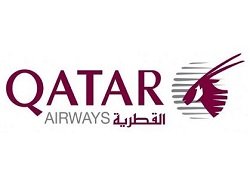We offer the only high-quality online panel for Iraqi people.
With over 26,500 active panelists from across Iraq, People Analytics Inc. is the largest online panel provider for the Iraqi population.
Click here for a more detailed presentation of our Iraq online panel.
Key Features:
Panel members from across Iraq
Covering all major cities, regions, ethnic groups, and demographics
A large sample of Kurdish people
More than a decade of experience in opinion research
Capable of larger scale studies with sub-group analysis
Click here to download the People Analytics’ Iraq online panel book.
In line with ESOMAR guidelines, the identities of all People Analytics panelists have been independently validated, and panelists are not allowed to take the same survey more than once.
Considering that all of the panelists have been previously profiled based on their demographic characteristics, place of residence, and topics of interest, People Analytics can help you secure the right respondents for your unique project needs.
The following table illustrates the breakdown of our Iraq online panel:
Panel Standards and Methodology
People Analytics’ online panel respondents have been recruited from a wide variety of diverse online and offline sources using the following standards:
All People Analytics panel members have been validated through a telephone interview conducted over the panel members’ personal cellular phones.
Panel members are unequivocally informed during the validation process that they must provide a proof of identity matching their online panel profile before they can claim any reward.
Individuals who fail to provide such proof are removed from the panel and are prevented from ever joining People Analytics’ online panels.
People Analytics also monitors the panel for fraudulent activities and permanently removes offending panelists.
Unauthenticated individuals will not be allowed to partake in our online surveys.
Iraqi Governorates and Regions:
People Analytics’ Iraq online panels adhere to the following province-based geographic breakdown:
4. South Region
Babil governorate
Wasit governorate
Karbala governorate
Najaf governorate
Al-Qadisiyyah governorate
Muthanna governorate
Dhi Qar governorate
Maysan governorate
Basra governorate
1. Baghdad Region
Baghdad governorate
2. Center & North West Region
Saladin governorate
Diyala governorate
Nineveh governorate
Al-Anbar governorate
Kirkuk governorate
3. North East Region
Dohuk governorate
Erbil governorate
Halabja governorate
Sulaymaniyah governorate
With thousands of active panelists from across Iraq, covering all major cities, regions, ethnic groups, and demographic categories, our Iraq online panel is paralleled by none.




